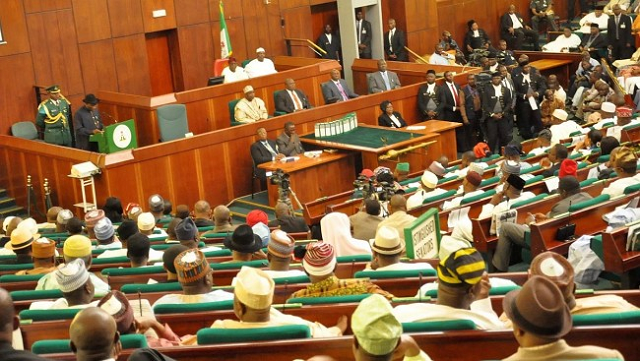The House of Representatives Committees on Finance and National Planning questions the Nigeria Upstream Petroleum Regulatory Commission (NUPRC) over its financial practices, particularly the high personnel costs and a significant drop in non-tax remittances.
During a session to review the 2025-2027 Medium Term Expenditure Framework (MTEF) and Fiscal Strategy Paper (FSP) in Abuja, lawmakers express concern over the commission’s expenditure.
Rep. James Faleke, Chairman of the House Committee on Finance, challenges the NUPRC’s personnel expenditure, describing it as excessive. “How many staff do you have to justify paying N88 billion in salaries?” he asks during the session.
Gbenga Komolafe, CEO of NUPRC, presents the commission’s financial records, revealing that non-tax remittances drop from N3.67 billion in 2022 to N1.77 billion in 2023.
Komolafe explains that the commission generates revenues from oil royalties, gas royalties, concession rentals, penalties, license renewals, and other regulatory fees. He adds that the commission receives a 4% Cost of Revenue Collection (CORC) from the total revenue collected on behalf of the Federal Government, which is credited to the Federation Account.
In 2023, the CORC stands at N114.84 billion, a slight increase from N114.38 billion in 2022. However, the commission’s internal revenue declines sharply, with N1.44 billion generated in 2023 compared to N30.08 billion in 2022.
Komolafe also reports that personnel costs account for 70.19% of the commission’s total expenditure of N117.33 billion in 2023, amounting to N82.35 billion. Overhead costs follow, totaling N31.63 billion.
The committees, dissatisfied with the explanations, instruct the NUPRC to provide detailed records of oil production, crude sales, and other upstream activities. Faleke emphasizes the need for transparency, stating, “You need to return with records of all wells, including daily production figures and the volume of oil obtained from each source.”
The committees plan to reconvene to review the requested information and address broader concerns within the upstream petroleum sector.













